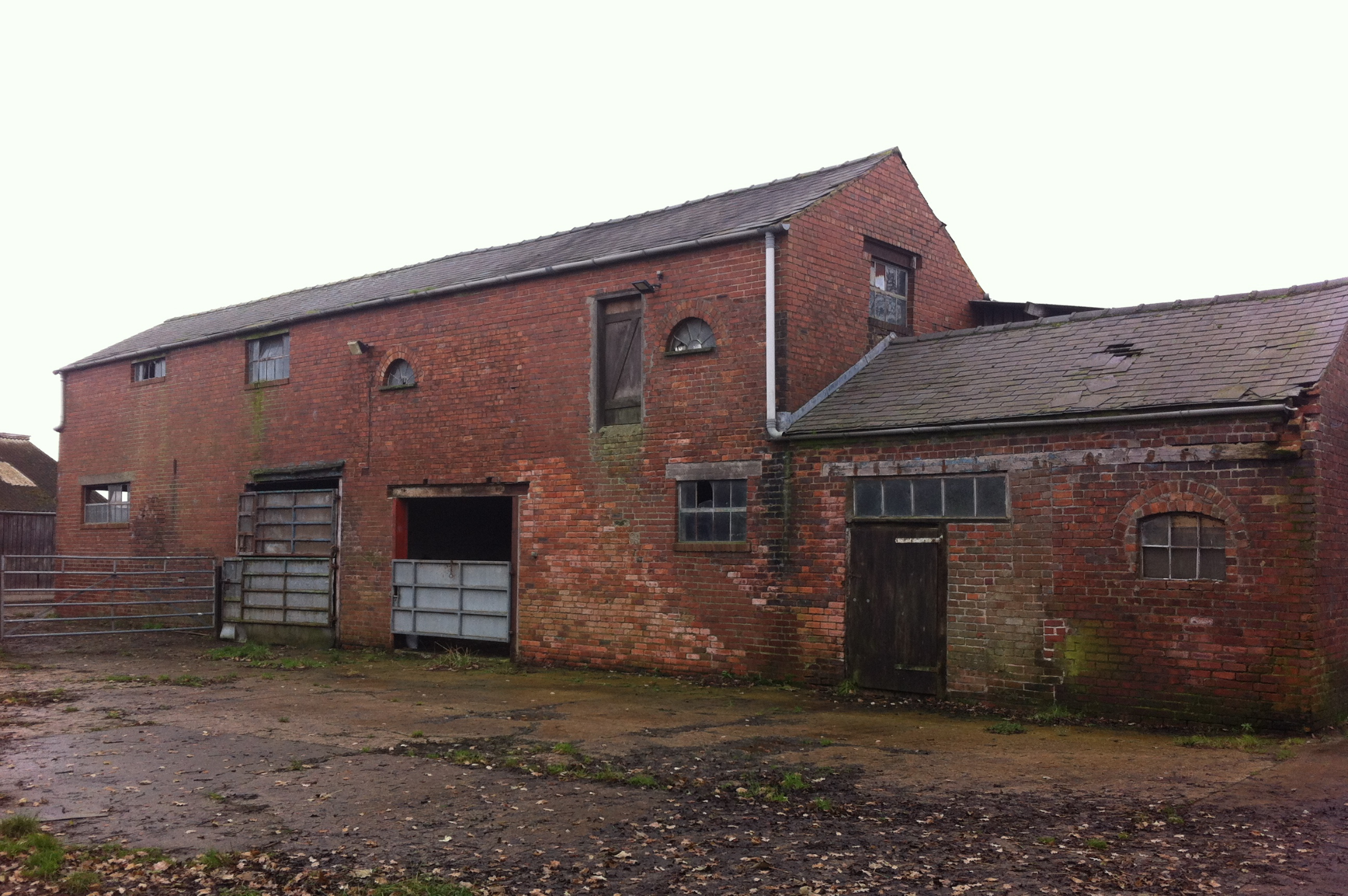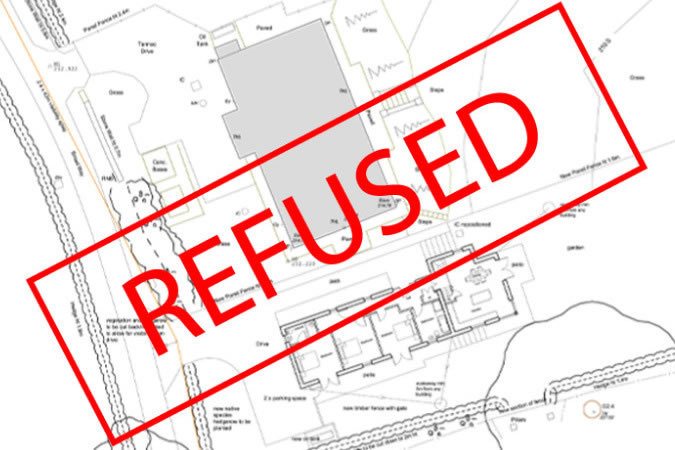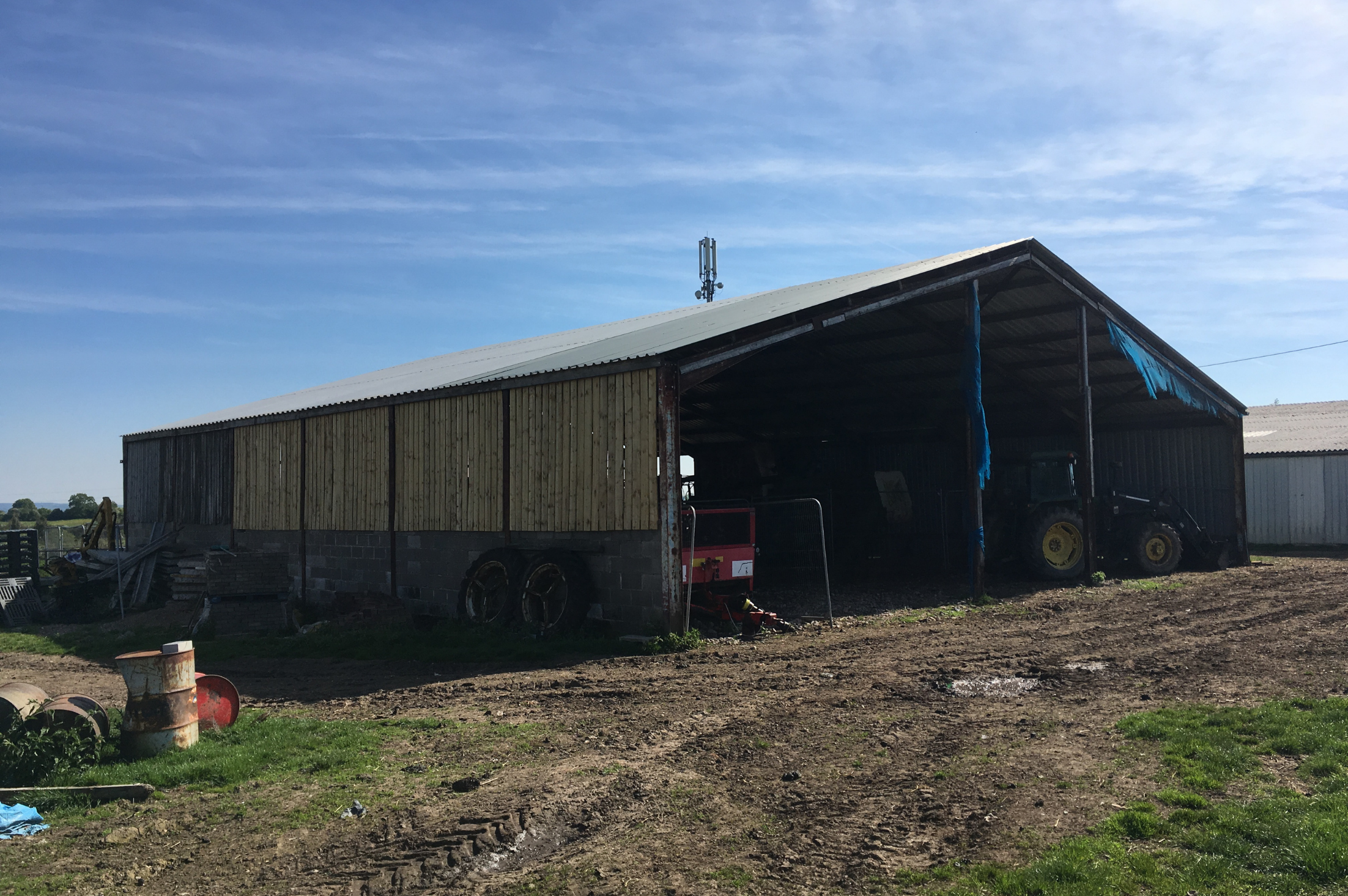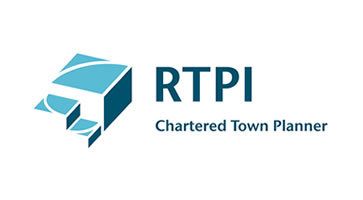As the following case studies illustrate, at Planning & Design Practice we are vastly experienced in the appeals process and know how to present your case in the best possible way and bring all relevant factors to the attention of the Inspector to maximise the chances of success.
The following case studies provide a flavour of the breadth of appeals we have dealt with over the last 5 years or so, for both residential and commercial clients.
Land to the west of Denby Hall Business Park, Denby, Ripley DE5 8LE; Public Inquiry; Appeal reference – APP/M1005/W/20/3265602
We acted as expert planning witness at a Public Inquiry relating to a refused application for 3 large commercial/industrial units at Denby Hall Business Park. The council had refused the application due to the site’s Green Belt location but the Inspector concluded that “the conflict with the development plan policies is clearly outweighed by the social, economic and environmental benefits in favour of the appeal proposal.”
Read more HERE
Brailsford Meadow, Risley Lane, Breaston DE72 3TT | Informal hearing | Appeal reference –APP/N1025/C/19/3238932 and 3238933
This was a complex appeal against an enforcement notice issued by the council which sought the complete demolition of a barn converted to a dwelling using Class Q permitted development rights. Whilst the Inspector felt that the building operations undertaken went beyond what could reasonably be described as a ‘conversion’, she concluded that our explanation of events and reasoning that led to the dwelling as built amounted to the very special circumstances necessary to justify the development in the Green Belt.
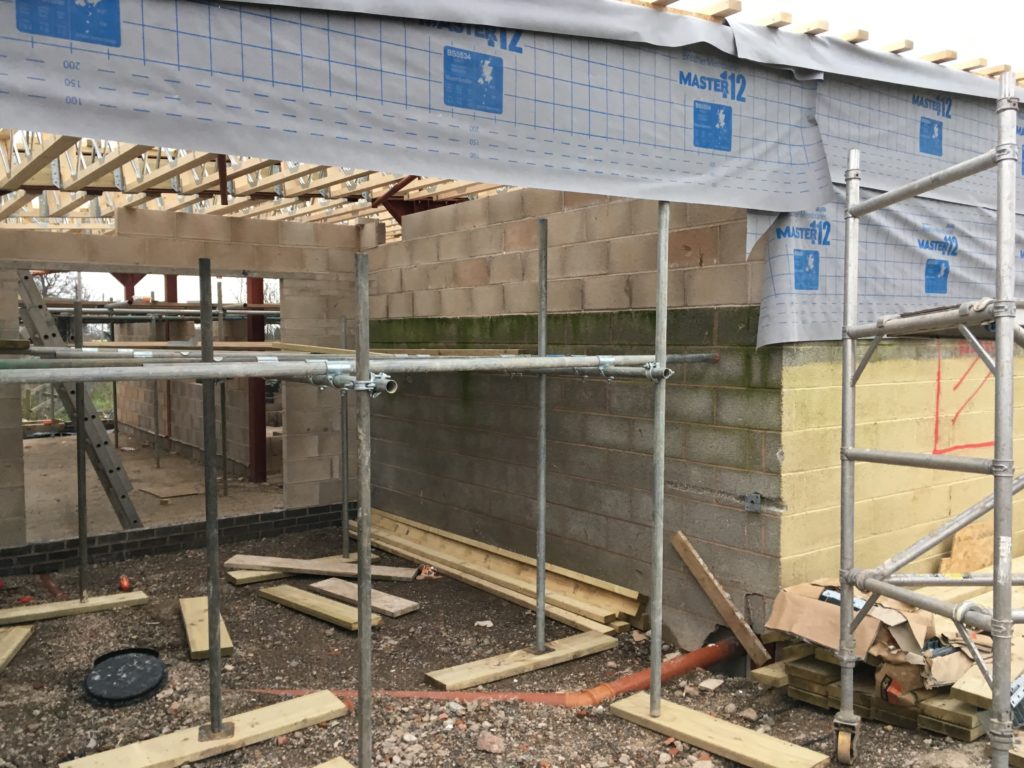
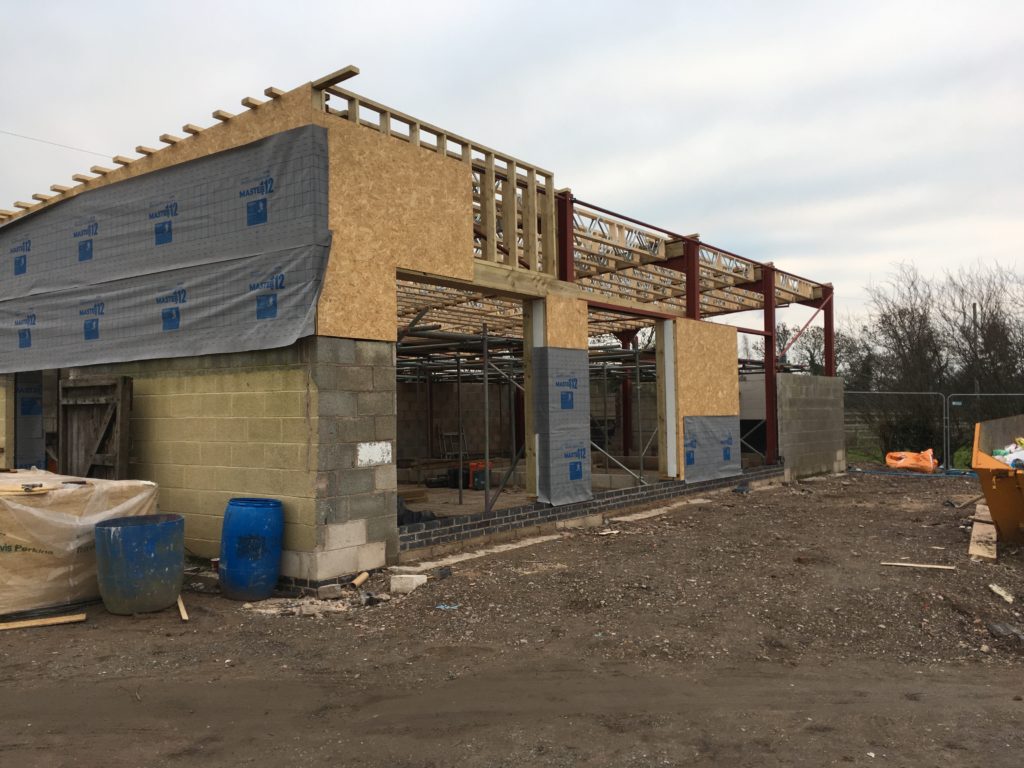
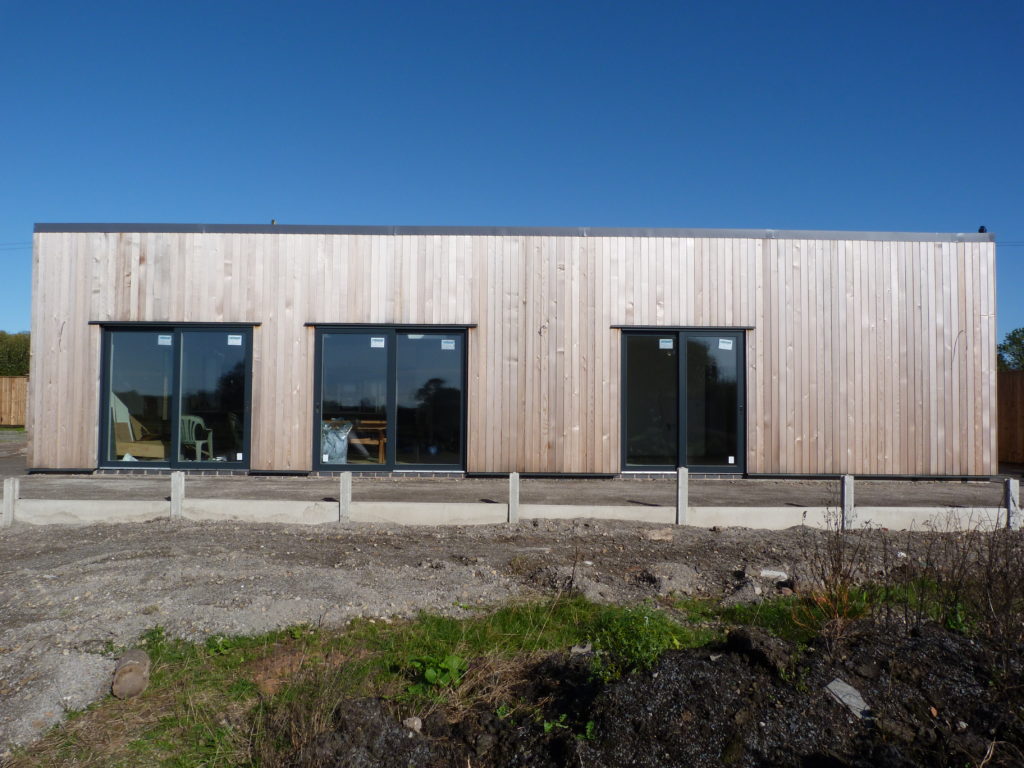
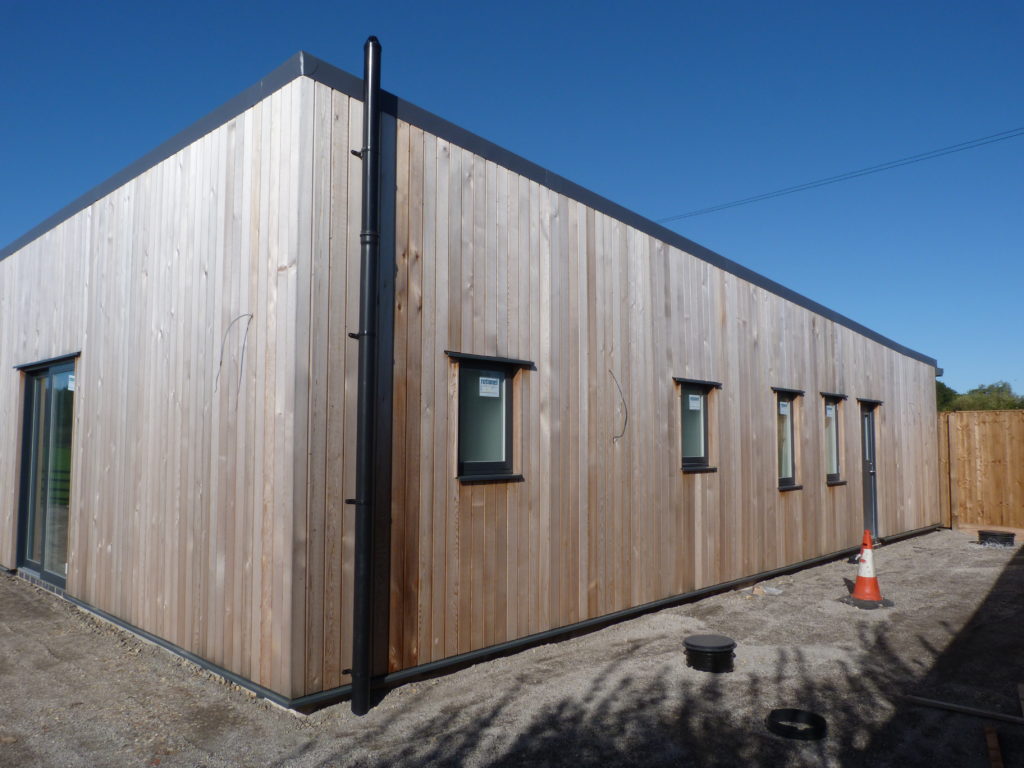
Oaklands, 103 Duffield Road, Derby, Derbyshire DE22 1AE | Written Representations | Appeal reference – APP/C1055/W/16/3150234
This was a proposal for the change of use of a D1 clinic to a house, demolition of former coach house and construction of 9 terraced houses and associated access within the grounds for our client Meadowview Homes. There was a strong heritage focus to this appeal as the site lay in the Strutts Park Conservation Area and the buffer zone of the Derwent Valley Mills World Heritage Site but the Inspector accepted that the scheme was sympathetic to the character of the designated heritage assets and would.
Read more HERE
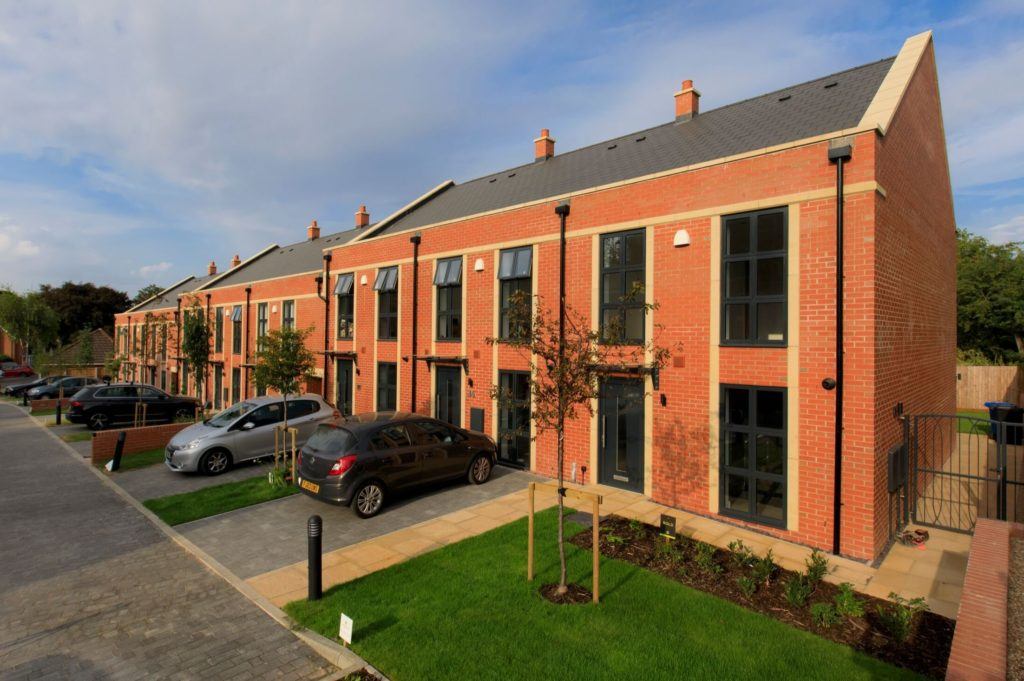
Averill Farm, Evershill Lane, Morton, ALFRETON, DE55 6HB | Written Representations | Appeal reference – APP/C1055/W/16/3150234
Planning permission was secured for the construction of an innovative timber drying facility and associated storage facilities at a farm. With the help of a comprehensive Noise Impact Assessment and a landscape and visual appraisal we were able to demonstrate that there would be no adverse impacts in this rural location.
Read more HERE
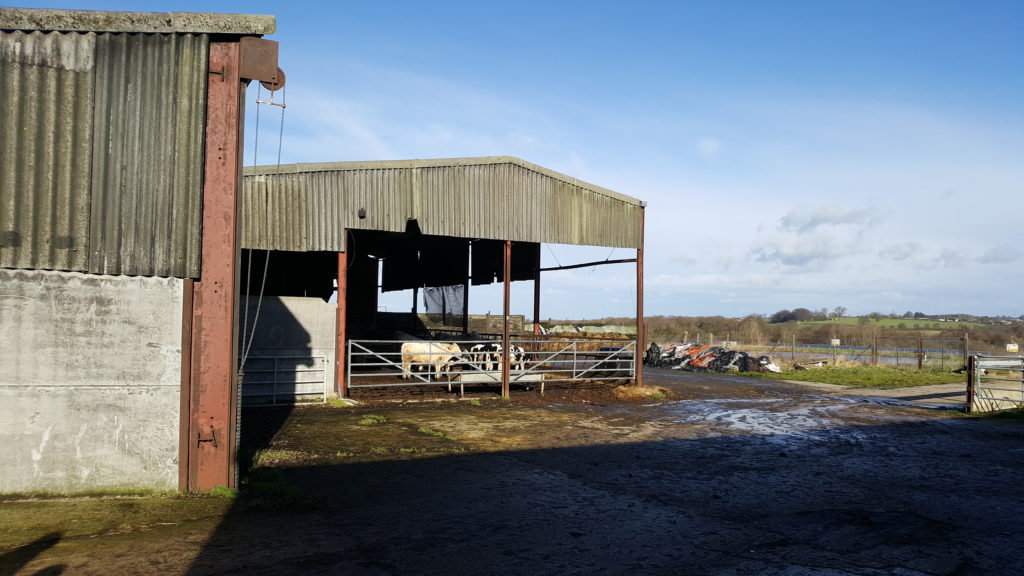
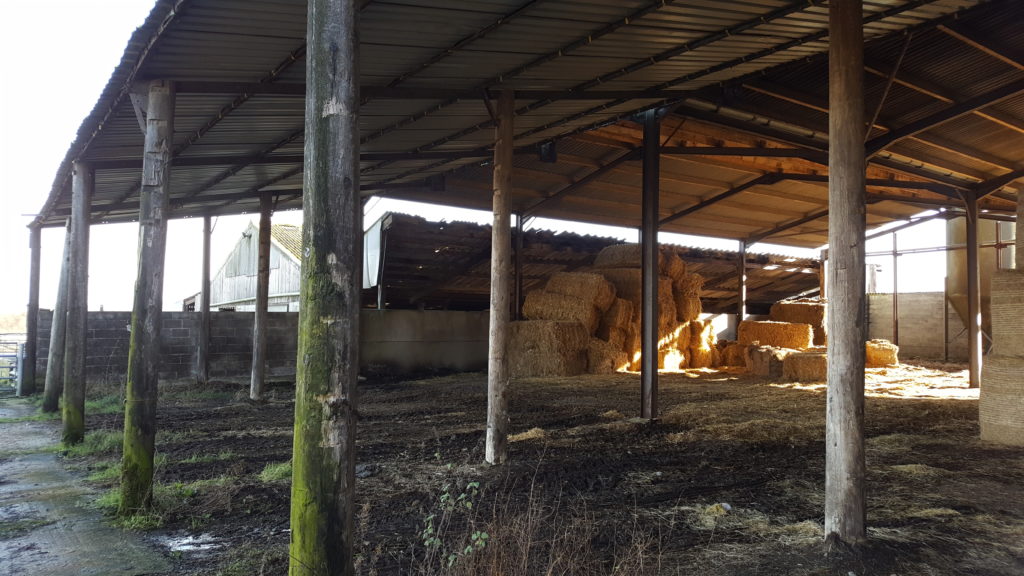
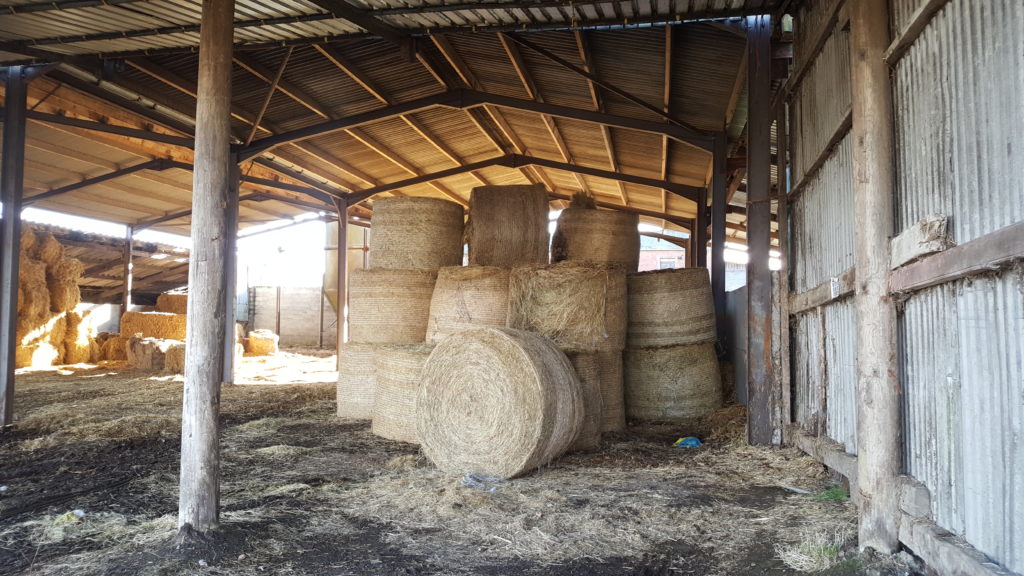
75 Derby Road, Hilton, Derby DE65 5FP | Written Representations | Appeal reference – APP/F1040/W/20/3246651
Planning permission and a partial award of costs was secured at appeal for the construction of 9 light industrial/office buildings in place of a house and nursery buildings. The Inspector gave the council’s concerns about the impact on character and appearance and highway safety short shrift and agreed that the scheme was well designed and would sit comfortably within its context.
Hayes Gate Farm, Star Bank, Oakamoor, Staffordshire ST10 3BN | Written Representations | Appeal reference – APP/B3438/W/18/3202031
Another Class Q case, this one related to a building which the council stated was not convertible to a dwelling. However, the Inspector accepted that internal works carried out prior to the application did not require planning permission, that the proposal met the criteria in Class Q and that the development would improve the appearance of the building relative to its current form.
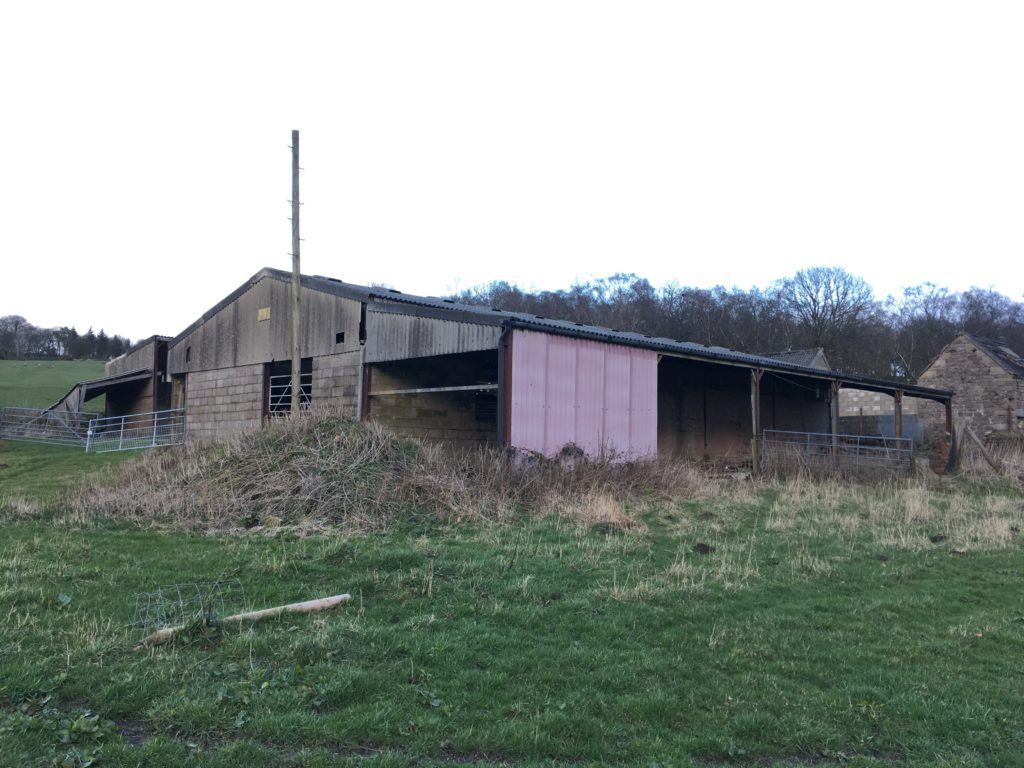
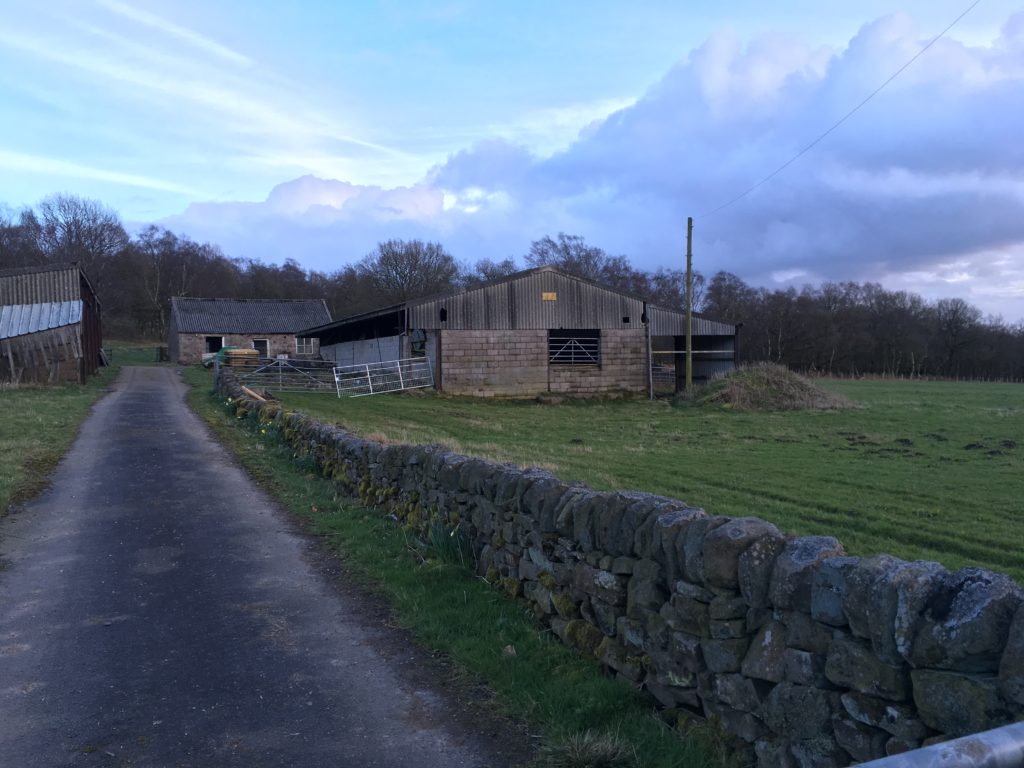
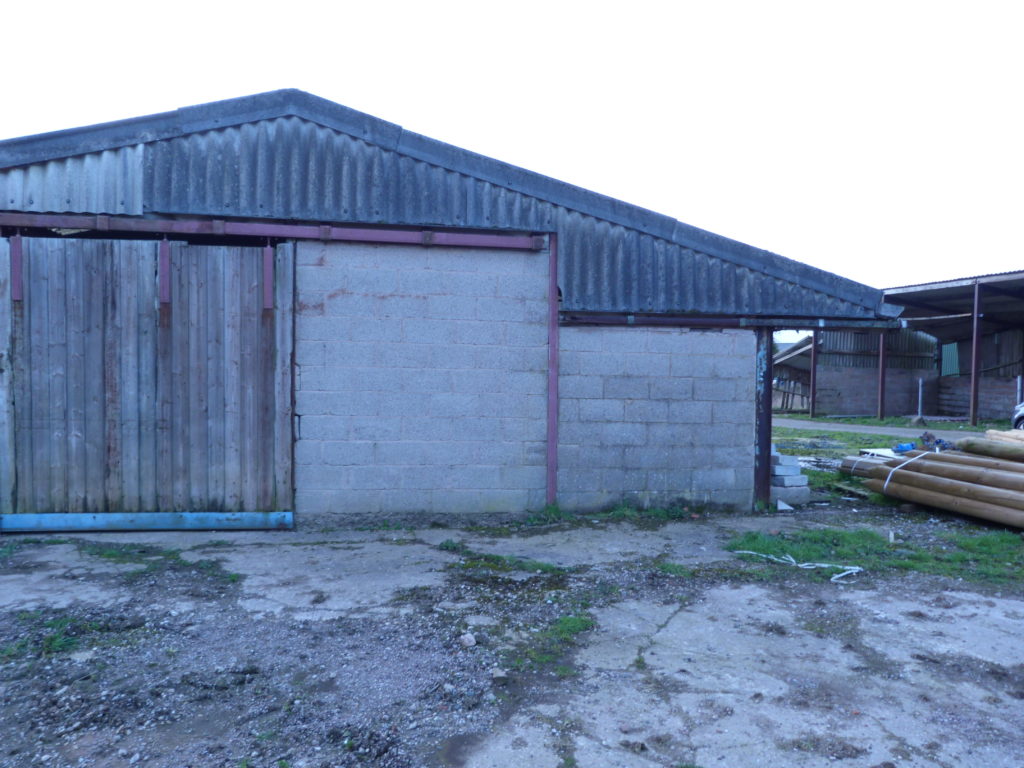
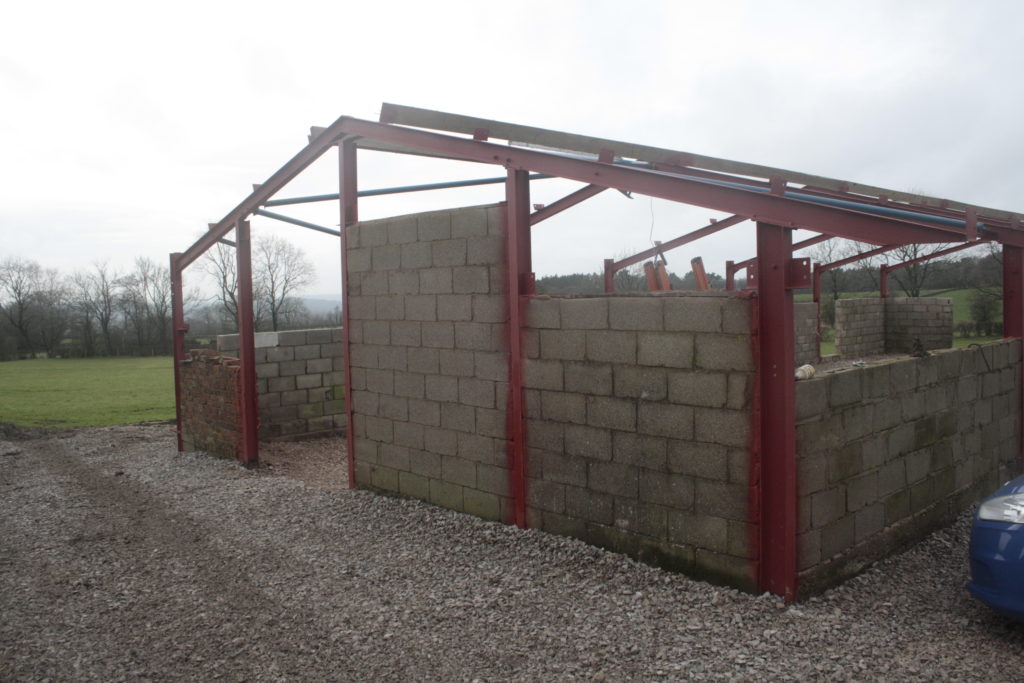
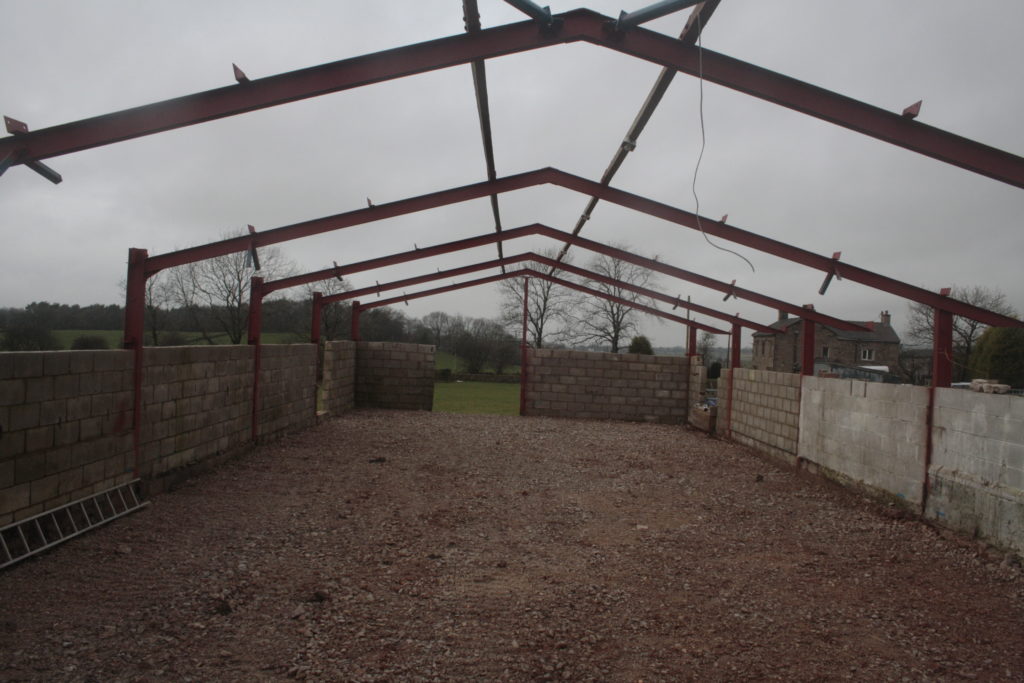
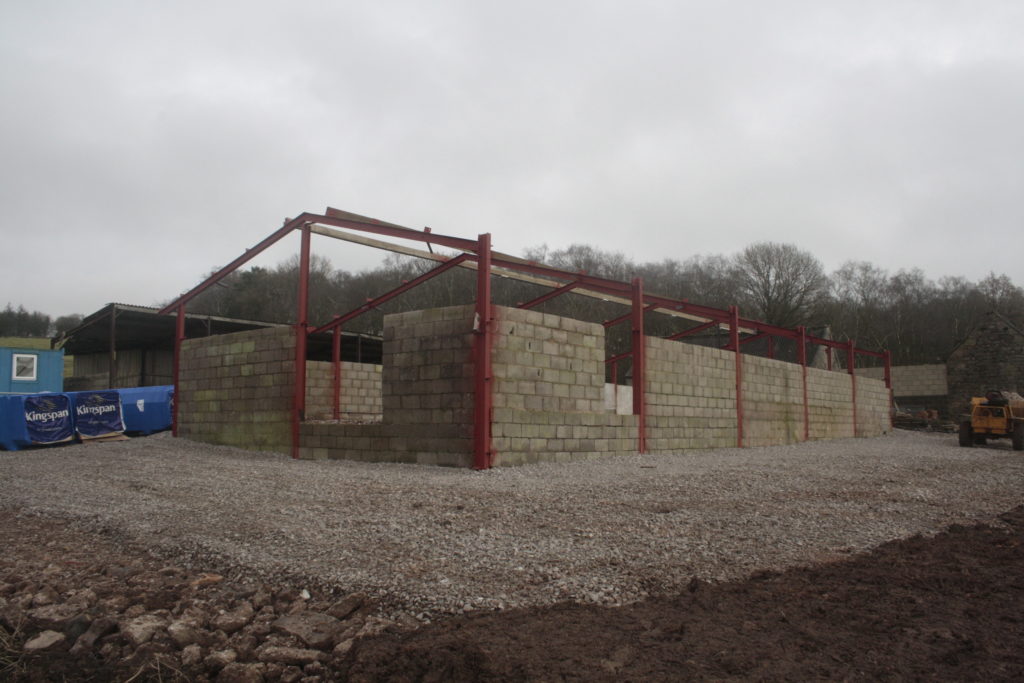
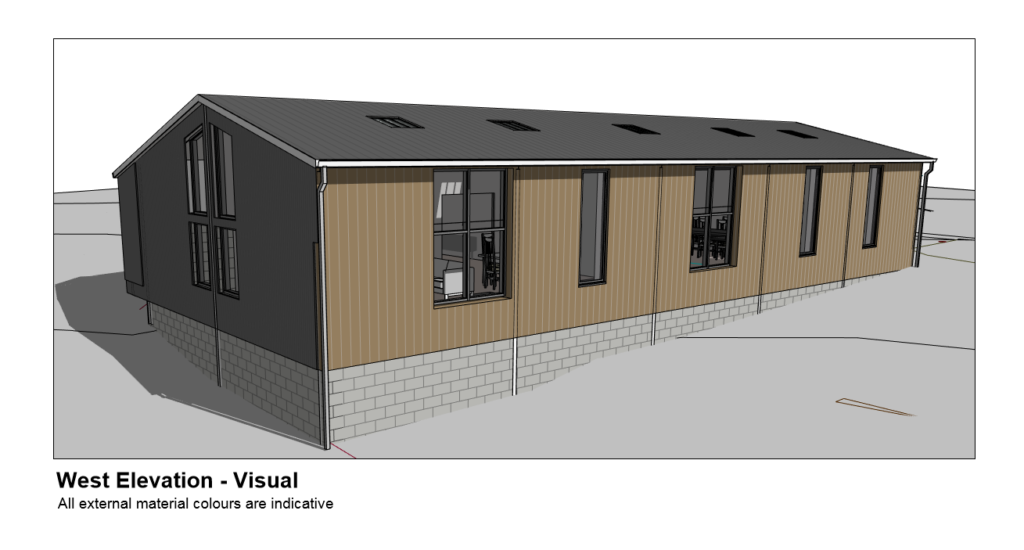
Often seen as a dark art shrouded in secrecy, Planning & Design Practice has 20 years experience of successfully achieving positive planning decisions. Our Director Richard Pigott demystifies the process with some key facts about what you can expect when you seek to challenge a council’s decision., in this companion article “Appeals – A beginners guide.”
If you have had planning permission refused or would like to discuss your options or chances at appeal please get in contact for a free no obligation discussion.
